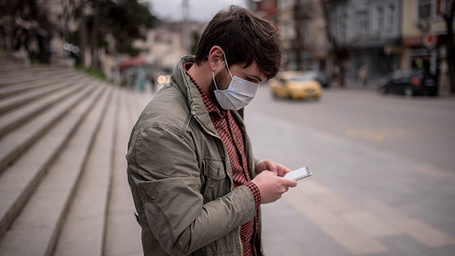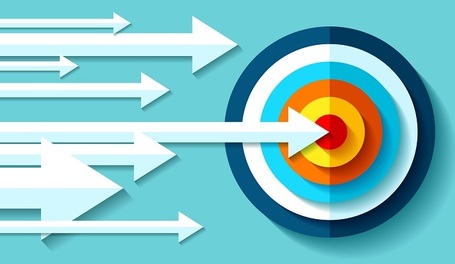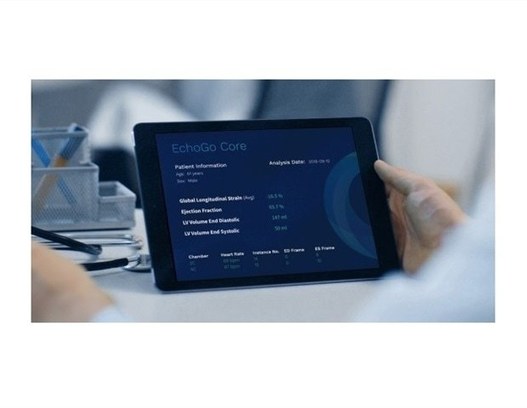Scoop.it
U.K. and U.S. residents who reported a loss of smell and taste into a COVID-19 symptom-tracker app more often tested positive for the infection, according to a study published yesterday in Nature.
The COVID Symptom Study app was developed by health technology company Zoe Global with help from King's College London and Massachusetts General Hospital. It launched in the U.K. and the U.S. in late March, and after three weeks had gained more than 2.6 million users.
By applying a predictive model incorporating these testing rates to the hundreds of thousands of users who reported symptoms without testing data, the researchers estimated that a little over 5% of those who downloaded the app "are likely to have COVID-19." However, the researchers cautioned that this is likely an overestimation due to a handful of factors, such as the use of self-reported symptom data.
TOPLINE RESULTS
A total of 2,6618,862 residents from the U.K. (n = 2,450,569) and U.S. (n =168,293) downloaded the free study app and reported potential COVID-19 symptoms. Of these, 15,638 from the U.K. and 2,763 from the U.S. paired their reported symptoms with the results of a RT-PCR SARS-CoV-2 test.
Source: www.mobihealthnews.com
Researchers from Penn State College of Engineering are aiming to speed COVID-19 drug discovery with quantum machine learning, a field that combines machine learning and quantum physics.
The researchers noted that the existing drug-discovery pipeline can take five to ten years from initial idea to market approval, and could cost billions of dollars. The team believes that quantum machine learning approach could be faster and more economical than current methods used for drug discovery.
“Discovering any new drug that can cure a disease is like finding a needle in a haystack,” said Swaroop Ghosh, the Joseph R. and Janice M. Monkowski Career Development Assistant Professor of Electrical Engineering and Computer Science and Engineering.
“High-performance computing such as supercomputers and artificial intelligence can help accelerate this process by screening billions of chemical compounds quickly to find relevant drug candidates.”
Using quantum machine learning, the research team will seek to uncover new ways to discover and develop disease treatments.
Source: healthitanalytics.com
A joint UK-US research team is applying a pioneering artificial intelligence system to map for the first time how the COVID-19 virus attacks the heart with such deadly impact.
Source: www.news-medical.net






